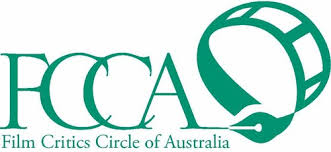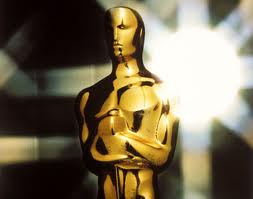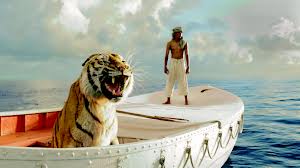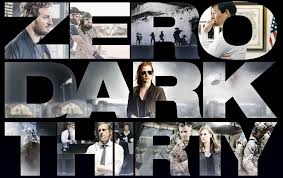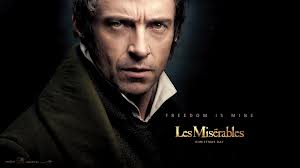One year into the Trump Administration, I am starting to conclude that my PhD thesis – entitled The Making of a Cultural Moment: Mel Gibson’s “Passion” Goes to the Movies – is becoming relevant again.
Part of my thesis dealt with how movies can reflect our cultural, political, economic and social obsessions – although not always directly, and not exactly in the ways we expect. The most interesting films are those that coincide with our immediate fascinations, meaning that a film – often years in the making – has had some “clue” as to what else was “burbling” along in the collective unconscious and our body politic, a long time before it became apparent to the rest of us.
Gibson’s The Passion of the Christ was such a film, coinciding – and helping to create – a “cultural moment”.
And what is our current “moment”? Or, rather the question is, what are contemporary films telling us about our current moment?
Steven Spielberg’s The Post is an obvious one. Some selections:
- “When a film is bang on the moment, as “The Post” is determined to be, what will remain of its impact when the moment is past? Maybe Spielberg, Streep, and Hanks are possessed, like many of their compatriots, by a deeper dread. Maybe they think that the moment is here to stay.” – Anthony Lane in The New Yorker
- “At a pivotal time in American history, the government was preventing the press from getting the news out, on the grounds that it would do injury to national security.” – Manohla Dargis in The New York Times
- “The Post is the story of a legacy, but it’s also a rallying cry.” – Stephanie Zacharek in Time magazine
- “The Post examines a crucial moment in American journalism from more than 45 years ago, although the film clearly invites viewers to see the material’s gripping contemporary relevance.” – Tim Grierson in Screen Daily
And what do the other recent Golden Globe nominees (and possible Oscar winners) tells us about our moment?
- Three Billboards Outside Ebbing, Missouri (women’s empowerment, #metoo, Black Lives Matter)
- The Shape of Water (immigration controls and fear of the other)
- Get Out (Black Lives Matter and fear of the other)
- I, Tonya (women’s empowerment)
- Lady Bird (women’s empowerment)
- The Greatest Showman (a metaphor for the current President?)
- Dunkirk (are we strategically withdrawing? if so, from what?)
- Call Me By Your Name (gay marriage, gender diversity)
Another connector between movies and life – at least life, political-style as experienced in the USA – is the well-known figure of Stephen K. Bannon, who seems to court controversy wherever he goes. In a telling New York Times article dated June 26, 2005 (“On the Right Side of the Theater Aisle”), journalist James Ulmer starts this way, quoting Bannon:
The film producer Stephen K. Bannon isn’t just on a crusade. He’s on a roll.
“Look at Feb. 25, 2004 — a watershed week for the Hollywood right,” he said in his Santa Monica office while scribbling a circle around the word “Lord” on his whiteboard. “On Ash Wednesday, ‘The Passion of the Christ’ is released theatrically, and on Sunday, ‘Lord of the Rings’ — a great Christian allegory — wins 11 Academy Awards. So here you have Sodom and Gomorrah bowing to the great Christian God, and did you guys notice? No, because 99 per cent of the content in the media’s sewage pipes is the culture of death, not life.”
Bannon – one of America’s greatest recent practitioners of the art of reinvention – understood back in 2005 the strong connection between American popular culture and American political life – an important theme in my thesis – and honed his skills in subsequent years. So much so that he rose just about as high as you can in political life (White House Chief Strategist to the President) before a spectacular fall. A great podcast from NPR’s Embedded program (“How Steve Bannon’s Time In Hollywood Changed Him”) from October 2017 illustrates how well Bannon was schooled in US movies before his move to politics.
The truth about the “current moment” is that it is awfully hard to know what is until it has passed, making the notion of “current” difficult to discern.
But it’s worth trying, and our movies are a great place to start.




 Posted by donperlgut
Posted by donperlgut 
